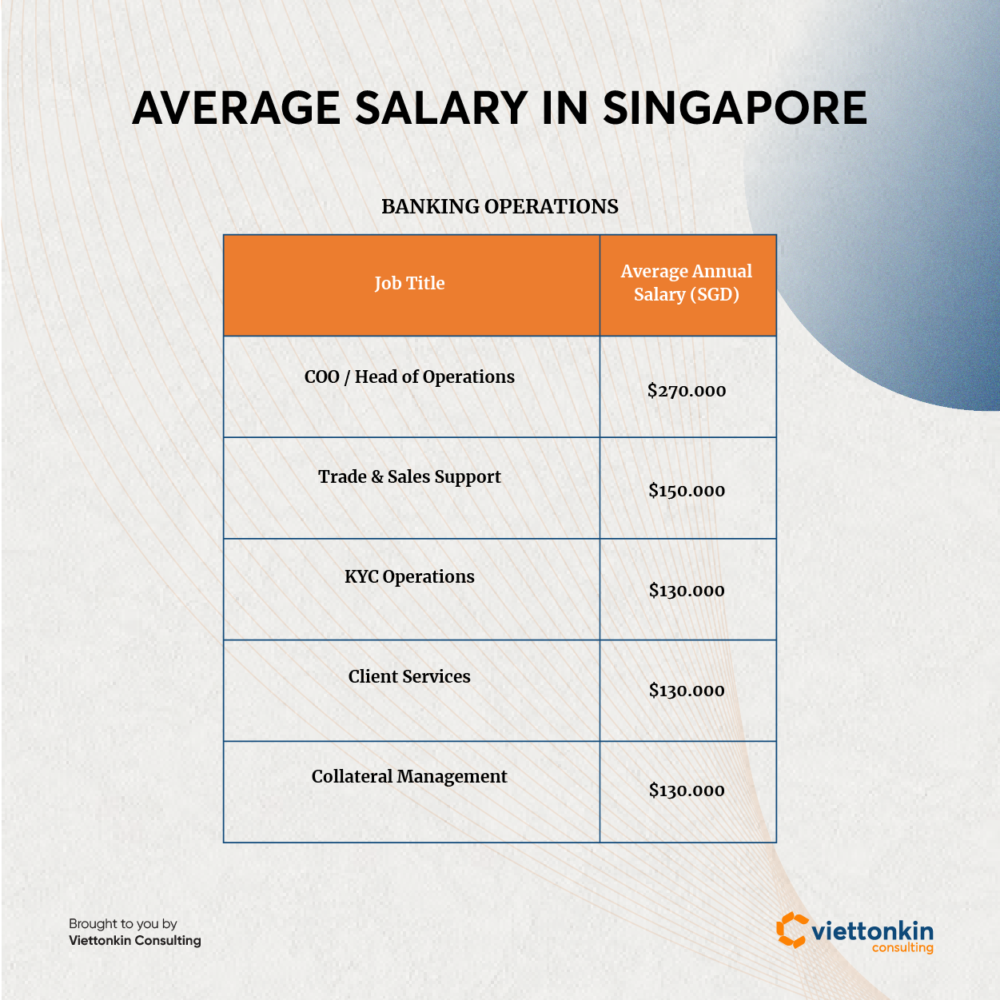
The technology used to improve financial service has become an integral part of society. The rise of fintech has made it easier for consumers to access financial services, but it also raises concerns about consumer safety. Gensler was nominated by the SEC as the agency's head. He presented a timeline of financial industry innovations. Gensler states that financial technology or fintech dates back as far as the creation and use of money.
Fintech is an acronym for "financial tech"
Fintech is the term used for technology that provides financial services. This includes online banking, cryptocurrencies, and even the checking of a savings account. Fintech is a complex term, difficult to define and controversial in origin. Word Spy claims that the term first appeared in the mass media on August 11, 1985, when it was used by Peter Knight, editor of the Sunday Times. Many believe that the term originated in the banking industry, with the introduction of the SWIFT system for international money transfers.
Fintech has changed the traditional financial service industry. It has also affected the way consumers buy coffee and manage their finances. Fintech was initially used to describe technologies that were used to back up traditional financial institutions. However, today, it is now being used to cover consumer-facing apps or services. Fintech will soon be used to help people manage their money, buy stock, pay taxes, and even purchase food.

It is the integration of technology into offerings by financial services companies
Financial services companies today are looking for new technology that will improve their efficiency, speed, and customer experience. Companies have been looking for new ways to make digitalization of banking technology a part of their business process transformation. These tools allow companies offer new products, services, and innovations based on goods movement tracking, on-demand liquidity, as well as smart contracts.
Financial technology isn't a new idea, but it has changed dramatically over the last decade. Technology advances have made it possible for start-ups to utilize technology to lower costs and simplify service delivery. Since the 1960s when automated teller machines (ATMs), were introduced, financial institutions have been trying to incorporate technology in their offerings for decades. Credit cards, which predate ATMs but still change the way we pay services for them, are similar.
It has made financial products more accessible for more people
The digital transformation of financial services has opened the door to millions of new users, enabling them to participate in the global economy. A recent study from the World Bank found that people in 140 countries use payments and manage their money online. This has created new opportunities for financial inclusion, but it also presents challenges.
Mobile banking is an example of financial tech. These applications enable consumers to withdraw money from their bank account and make payments without visiting the bank. You can also deposit checks from your smartphone.

It has led to consumer protection concerns
Digital banking has become more popular and customers have greater expectations of protection. Digital banking requires customers to give personal data that financial institutions can use to market, verify identity, and approve credit applications. This is a very useful tool but it can also increase the risk of data breaches and hacking. Recent hacks of credit card companies and banks have demonstrated that these systems are highly vulnerable to hackers. It is important that consumers ask about the potential risks and verify whether the fintech companies dealing with them have committed to protecting the personal data of their clients.
Consumer protection agencies need to be flexible enough in order to adapt to changes in the financial technology sector. As consumers have access to more types of financial products, regulation now includes cross-cutting concerns like data accessibility and security. The number of products and services that consumers have access to has increased due to digitalization. This creates new threats that must be addressed. There is also a need for a review of current consumer protection rules.
FAQ
What kind of jobs are there for consultants?
Being a consultant will require you to have a solid understanding of business strategy as well as operations. You need to be able to comprehend how businesses function and how they fit in with society.
Being a consultant requires great communication skills and the ability think critically.
Consultants need to be flexible as they might be assigned different tasks at different times. They should be flexible enough to change direction quickly if needed.
They must be prepared to travel extensively for the clients they represent. This type of work can take them all over the world.
They also need to be able to handle pressure and stress well. Consultants might sometimes have to meet tight deadlines.
Consultants are often expected to work long hours. You might not always be paid overtime.
What are the benefits of consulting?
Consultants often have the option to choose when and what they do.
This allows you the freedom to work wherever you like, whenever you want.
This allows you to easily change your mind and not worry about losing your money.
You can finally control your income and create your own schedule.
What tax do I have to pay on consulting income?
Yes. Taxes will be charged on consulting profits. The amount depends on how much you earn per year.
If you are self employed, you can claim expenses in addition to your salary. This includes rent and childcare.
You can't deduct the interest on loans, vehicle damage, or equipment costs.
You can only claim back 25% of your expenses if you earn less than PS10,000 a year.
However, you might still have to pay tax if your earnings are higher than the threshold. This depends on whether you are an employee or contractor.
The PAYE tax for employees and the VAT tax for contractors is generally paid as you earn.
What should I expect from my consultant
Once you select your consultant, you should expect to hear back from them within a few days. They will usually ask for information about your company, including its mission, goals, products, services, budget, etc. After that, they will send you a proposal detailing the scope of work, expected time frame, fees and deliverables.
If everything is in order, then the parties will enter into a written contract. The type of relationship between the parties (e.g., employee-employer, independent contractor-employer) will affect the terms of any contract.
If all goes according to plan, the consultant will begin working immediately. You will have access both to your documents and internal resources and the consultant's skills and knowledge.
But don't assume that anyone who is a consultant has all the answers. It takes practice and hard work to become an expert in the field you are consulting. Don't expect your consultant know everything about your company.
Can anyone be a consultant?
A consultant is someone who helps you achieve your goal by providing advice on how to do something better, faster, cheaper, etc.
A consultant may help you solve problems, make decisions, or negotiate with others.
Consultants are often hired for specific projects or tasks.
Consultants are often paid per hour or daily rather than per project.
Statistics
- "From there, I told them my rates were going up 25%, this is the new hourly rate, and every single one of them said 'done, fine.' (nerdwallet.com)
- 67% of consultants start their consulting businesses after quitting their jobs, while 33% start while they're still at their jobs. (consultingsuccess.com)
- On average, your program increases the sales team's performance by 33%. (consultingsuccess.com)
- WHY choose me: Why your ideal client should choose you (ex: 10 years of experience and 6-week program has helped over 20 clients boost their sales by an average of 33% in 6 months). (consultingsuccess.com)
- According to statistics from the ONS, the UK has around 300,000 consultants, of which around 63,000 professionals work as management consultants. (consultancy.uk)
External Links
How To
How can I start an advisory business with no money?
A simple and effective way to get started with your own consultancy business - without any capital investment!
This tutorial will help you learn how to make extra money while working remotely, improve your skills, and achieve success.
I'll share my secrets for generating traffic on demand, particularly when people search for something specific.
This method is called 'Targeted Traffic'. This is the method that was created to enable you to do such things.
-
You should choose the niche you wish to work in.
-
To find the best solutions on Google, research which keywords people are using.
-
Write content around these keywords.
-
Post your articles on article directories.
-
Make sure to use social media sites for promotion of your articles.
-
You can build relationships with people who are experts in the field.
-
Be featured on these blogs or websites.
-
Emails can be used to grow your email database.
-
Start making money.